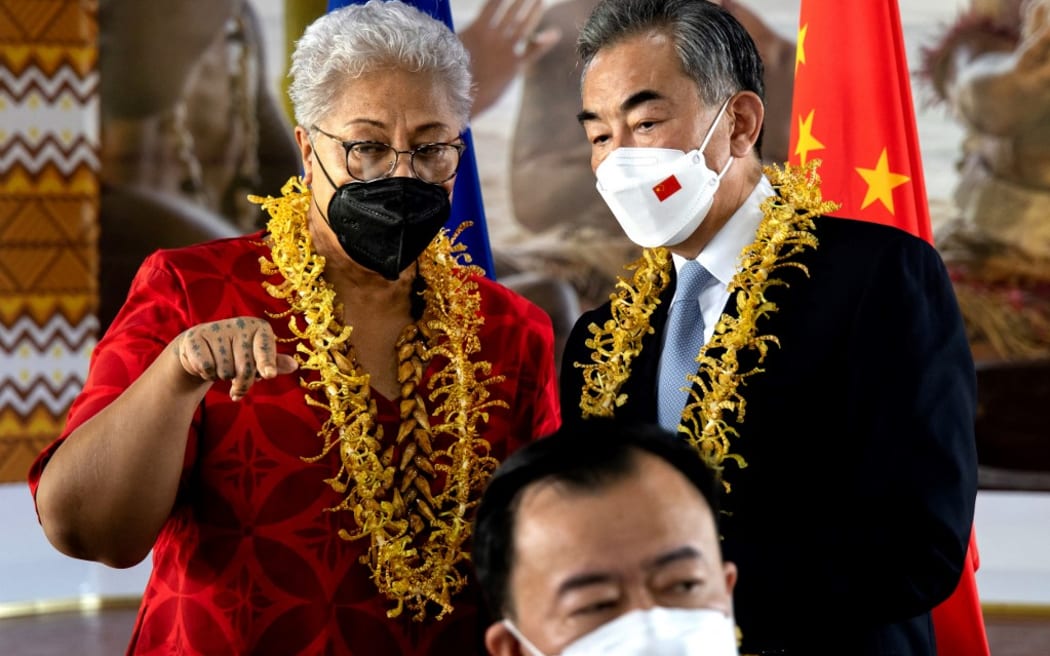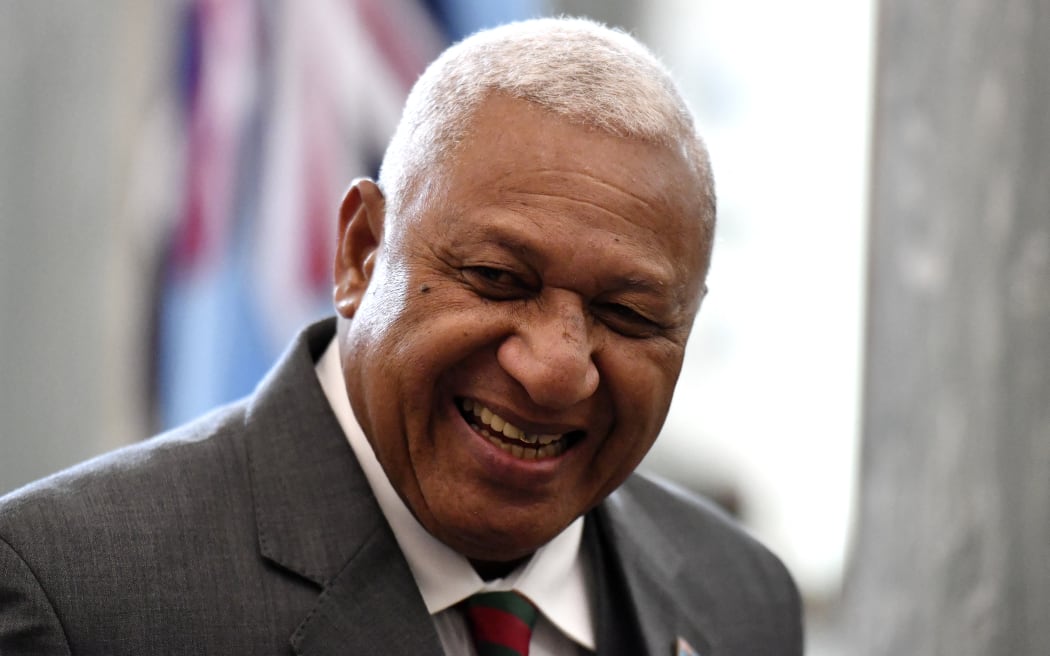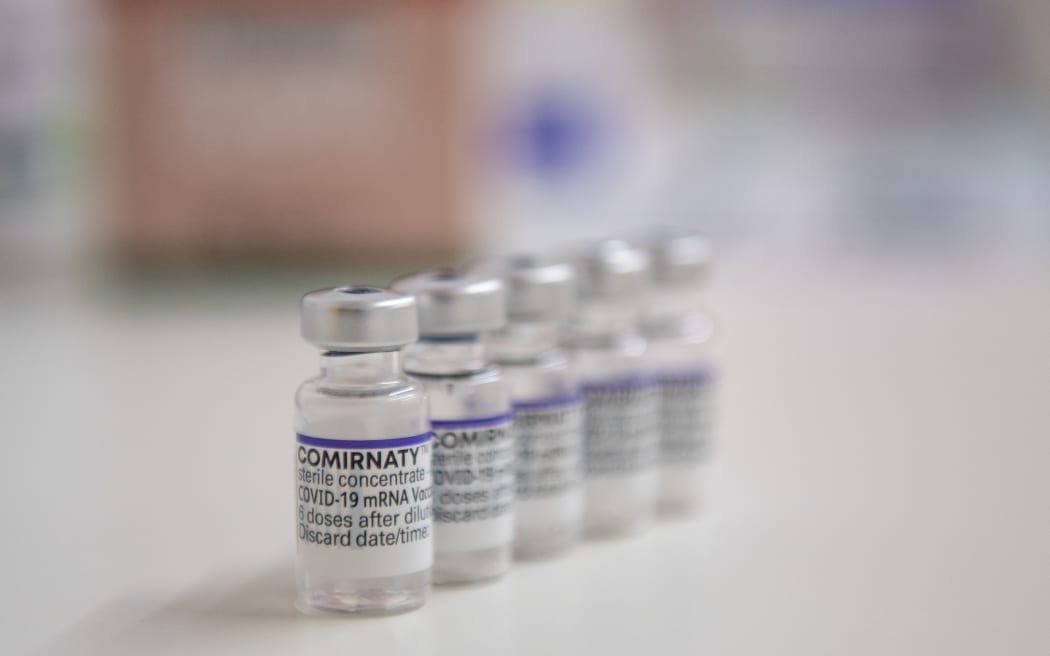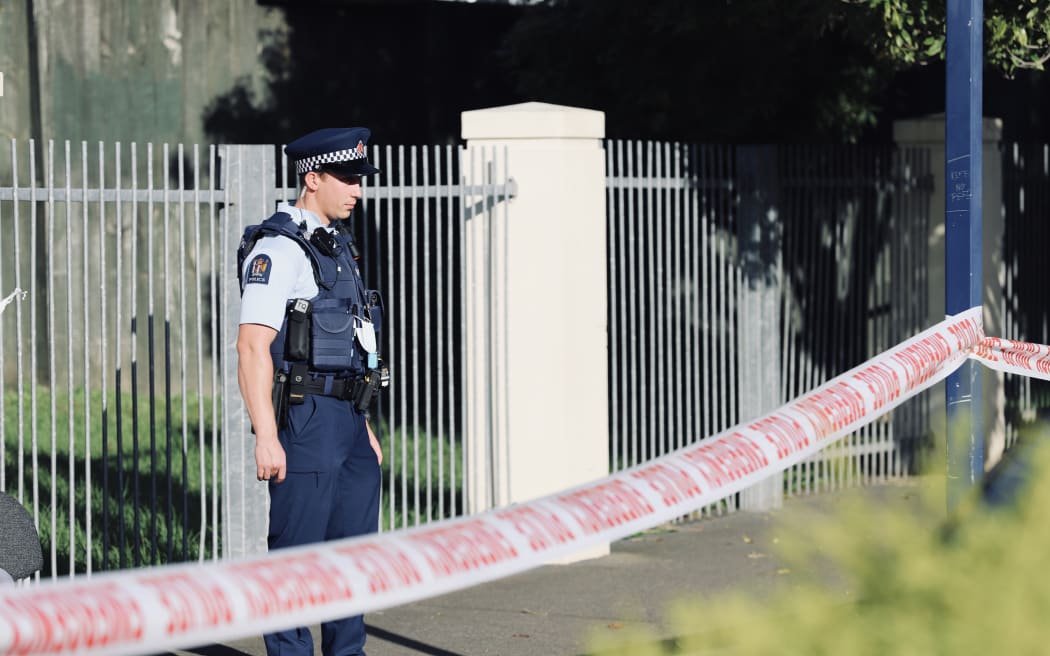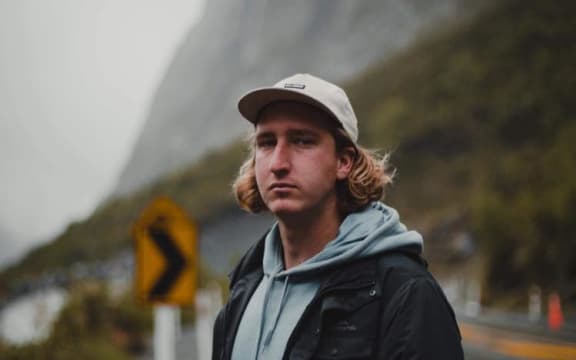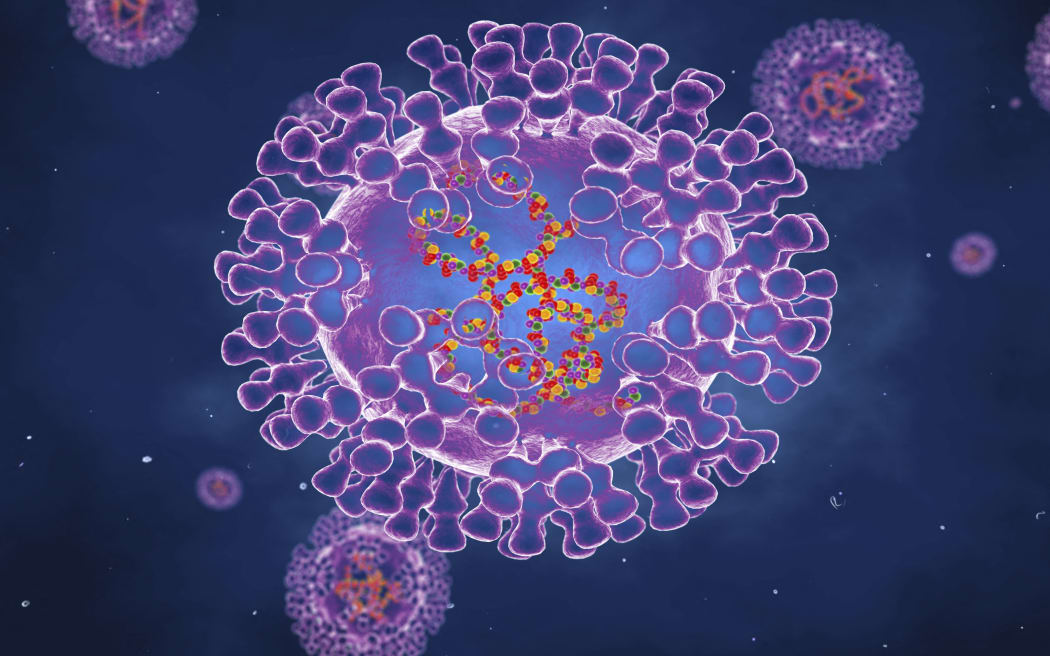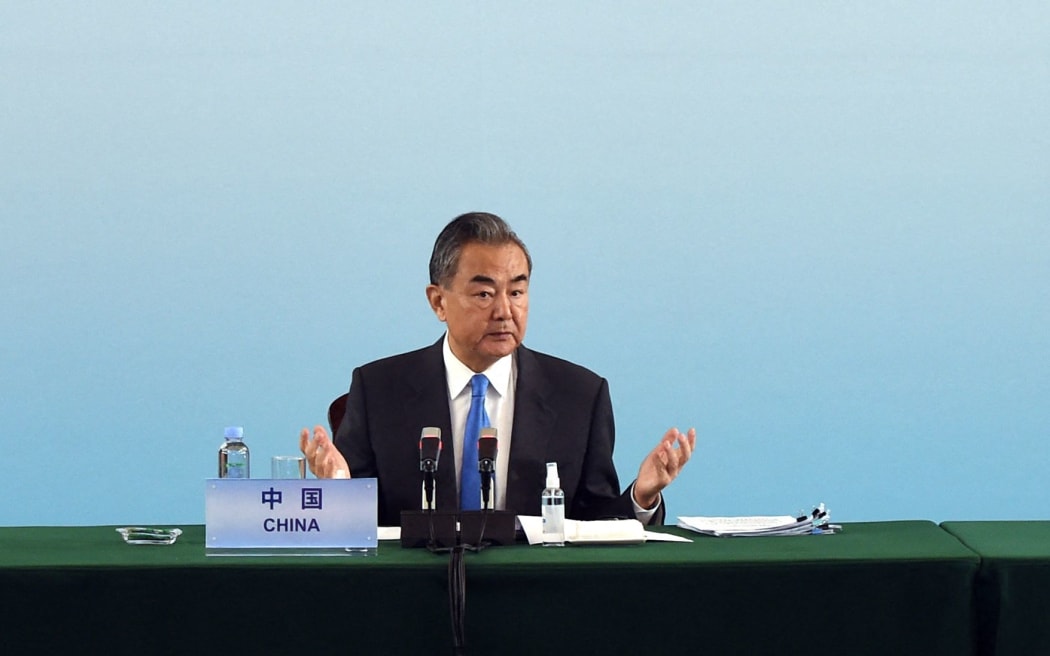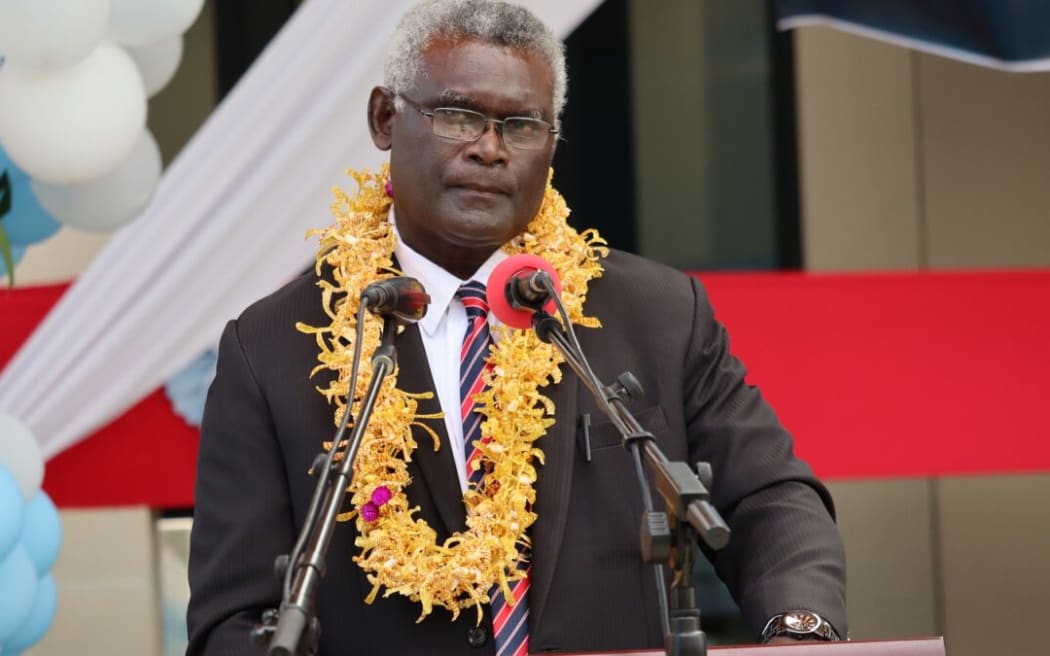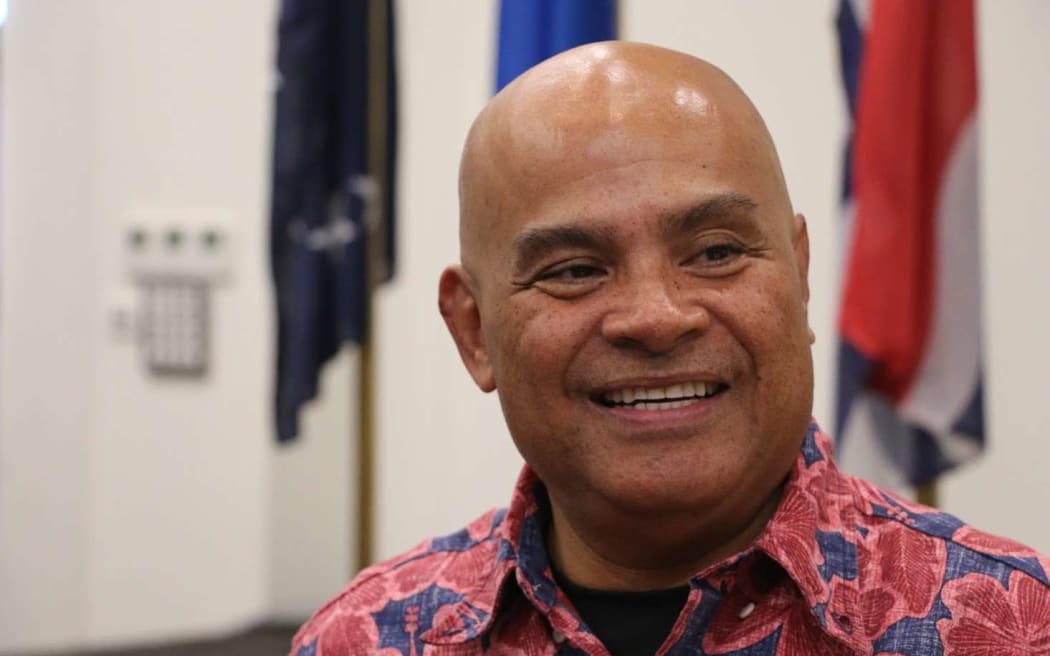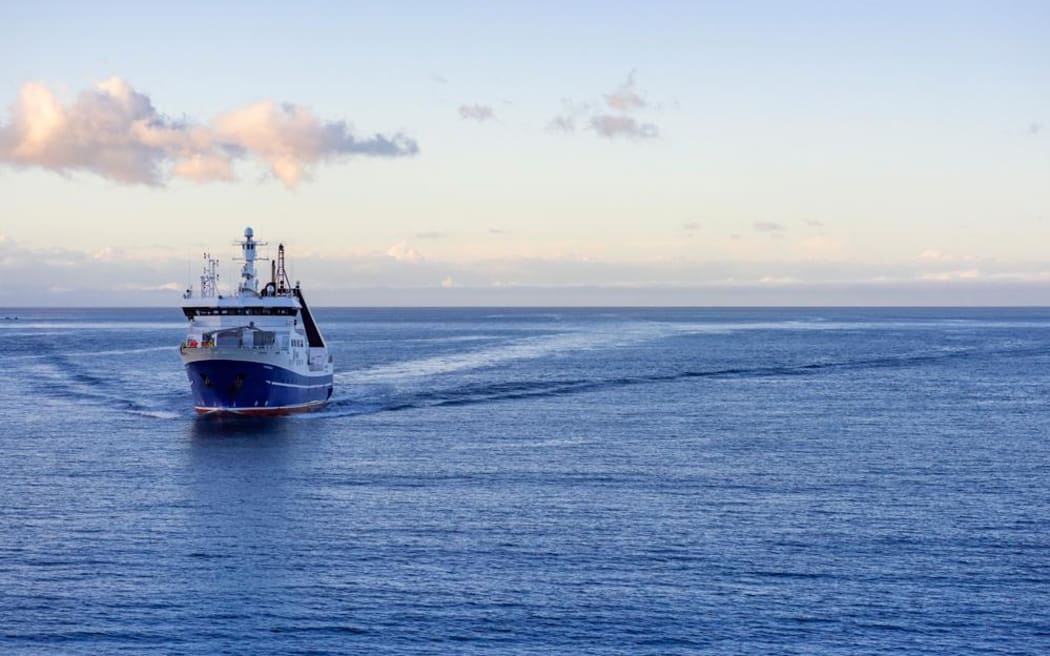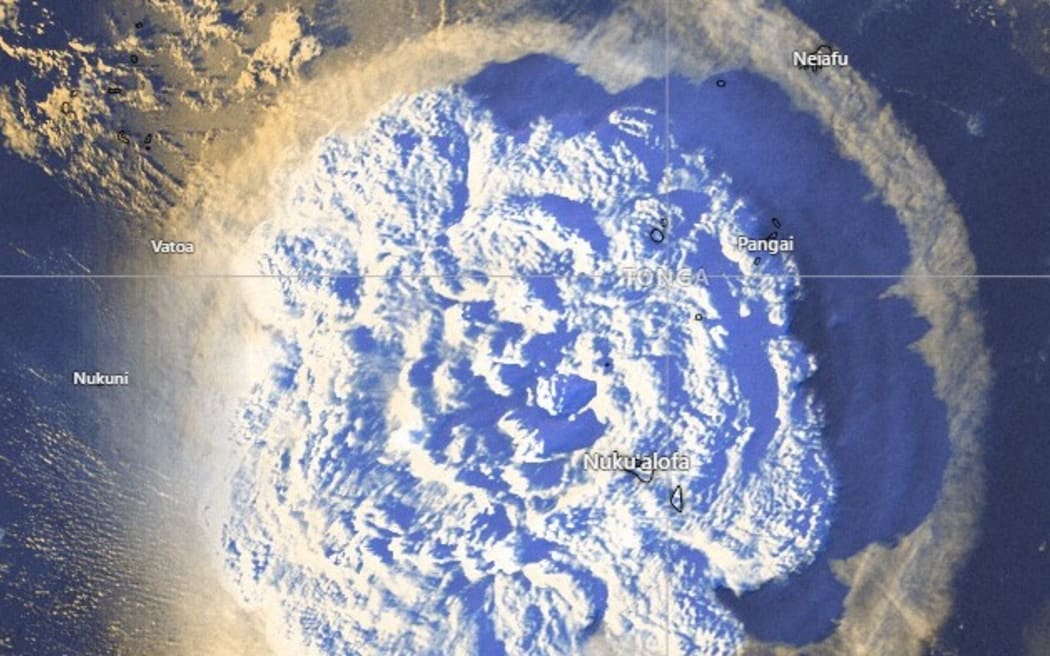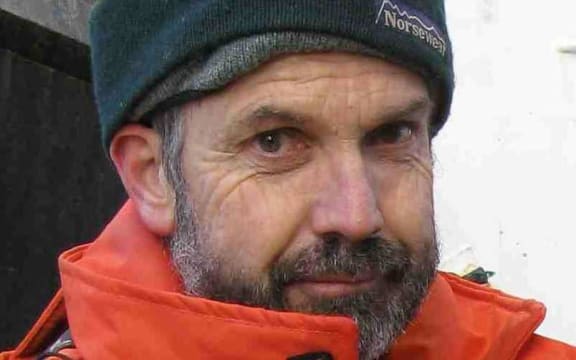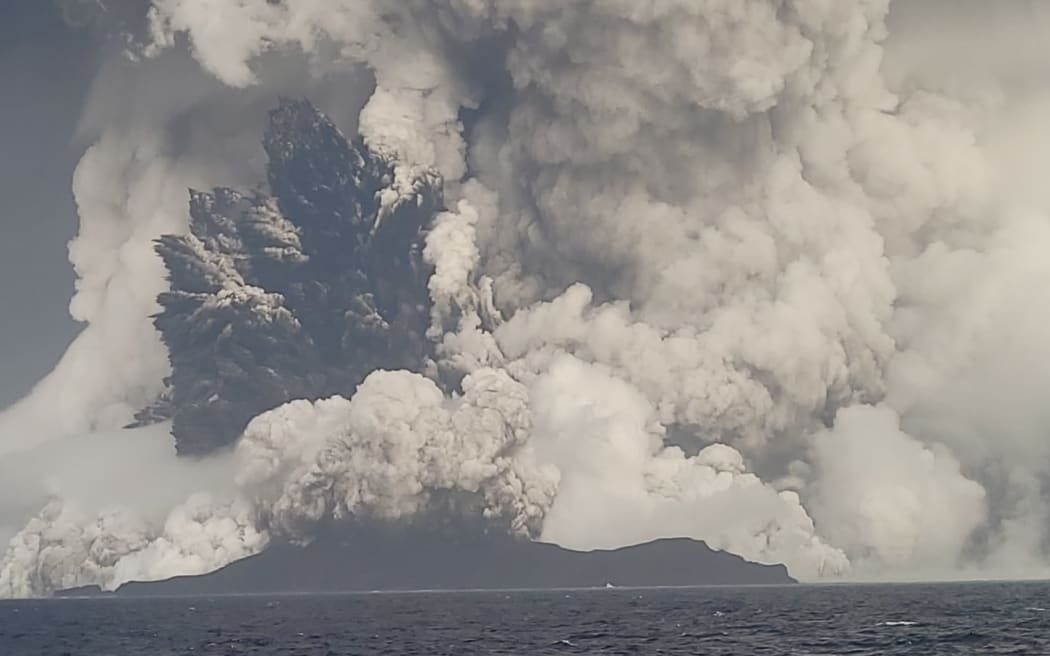China’s foreign minister signed a deal with Samoa on Saturday to strengthen diplomatic relations, while Australia’s new leader said he had a “comprehensive plan” for the Pacific, as Beijing and Canberra continued rival campaigns to woo the region.
Photo:
China is building on a security pact it recently signed with Solomon Islands, which has alarmed the United States and its allies such as Australia as they fear a stepped-up military presence by Beijing. Australia’s new centre-left government has made the Pacific Islands an early diplomatic priority.
Prime Minister Anthony Albanese, sworn in on Monday, said on Saturday his Labor government’s plan includes a defence training school, support for maritime security, a boost in aid and re-engaging the region on climate change.
“We will be proactive in the region, we want to engage,” he told reporters.
China’s Wang Yi, on a tour of the Pacific seeking a 10-nation deal on security and trade, finished a visit to Samoa, where he met Prime Minister Fiame Naomi Mataafa and signed documents including an “economic and technical cooperation agreement”, Samoa said in a statement.
“Samoa and the People’s Republic of China will continue to pursue greater collaboration that will deliver on joint interests and commitments,” it said.
Fiji – ‘Wonderful meeting’ with Australian minister
Also Saturday, Fiji’s prime minister said he had a ‘wonderful meeting’ with Australia’s minister for foreign affairs, who travelled to Fiji just days after being sworn in to show the new government’s attention to the Pacific Islands.
Fiji’s Prime Minister Frank Bainimarama. (File photo). Photo: Supplied/ AFP
“Fiji is not anyone’s backyard – we are a part of a Pacific family,” Fiji’s prime minister Frank Bainimarama wrote on Twitter, posting a picture of himself and Australian Minister for Foreign Affairs Penny Wong shaking hands.
He appeared to be taking a veiled swipe at Scott Morrison, the conservative prime minister ousted in an election last weekend, who once referred to the Pacific as Australia’s backyard.
“Our greatest concern isn’t geopolitics – it’s climate change,” Bainimarama wrote. “In that spirit, I had a wonderful meeting with Foreign Minister @SenatorWong to strengthen our Vuvale Partnership with Australia”, he said, using the Fijian word for friendship.
After defeating Morrison’s coalition in an election that had climate change as a major theme, Labor Party leader Anthony Albanese was sworn in on Monday as Australia’s 31st prime minister, and Wong as foreign minister.
Wong and her Chinese counterpart launched competing Pacific visits on Thursday. China’s Foreign Minister Wang Yi expressed hope that Beijing’s ties with the Solomon Islands could be a regional model, while Wong said Canberra will be a partner that does not come with strings attached.
China is seeking a sweeping 10-nation deal on security and trade that has unsettled the United States and its Pacific allies, including Australia. Wang is expected to push for the deal in a meeting he will host on Monday in Fiji.
Wong, on her visit to Fiji, warned that there were regional consequences to a security pact between Solomon Islands and China, after the Chinese minister said interference in the deal would fail.
–Reuters

